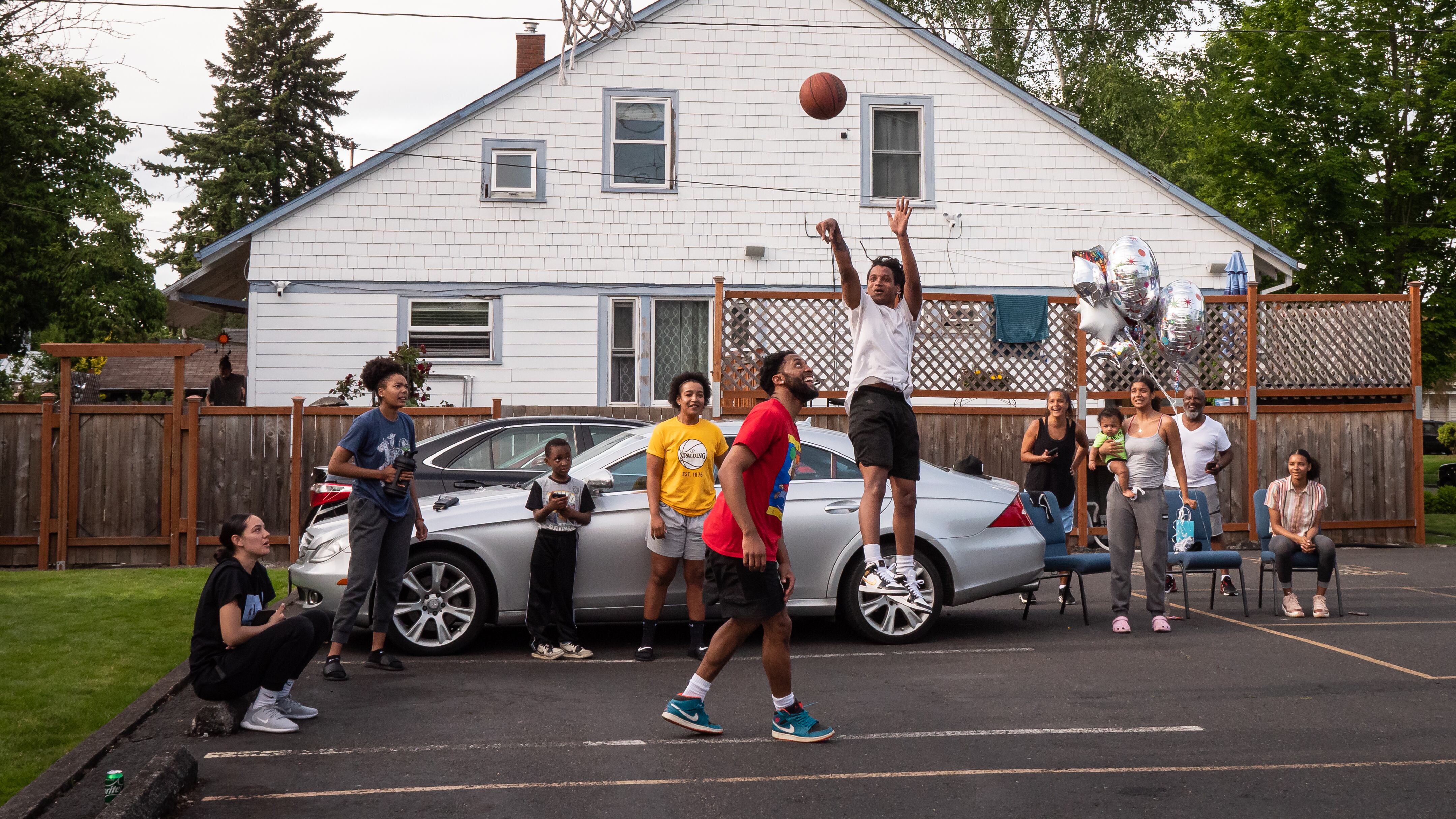In a December 2019 report, a state task force revealed that Black Oregonians had the lowest rates of homeownership, with 32.2% of households owning a home. More than double that percentage of white households own a home: 65.1%.
Allan Lazo, executive director of the Fair Housing Council of Oregon, says since the Fair Housing Act passed in 1968, making it illegal to discriminate based on race, gender and disability, Black homeownership has remained the same. From high mortgage and loan denial rates to gentrification, a history of discriminatory practices has prevented Black Oregonians from buying a home.
"Our city's history of exclusion, redlining and displacement have left indelible impacts on our communities," Lazo wrote in a Street Roots column, "molding a central core that continues to get whiter and more affluent while our communities of color are pushed to the less opportune edges of our city."
The Oregon Task Force on Addressing Racial Disparities in Home Ownership was created in response to these low homeownership rates, and the report attributes the disparities in part to the racial wealth gap between white and minority populations.
WW has previously reported on the disproportionate rates of Black Portlanders and Oregonians facing extreme rates of poverty, high unemployment and low household income levels.
One of the biggest sources of wealth in America is homeownership—without it, Black households have a harder time getting ahead.
"Homeownership is a huge opportunity for a family to build intergenerational wealth," state Rep. Mark Meek (D-Clackamas County), who co-chairs the task force, said in the 2019 report. "It is alarming and disturbing to see the inequity and imbalance of homeownership for Oregonians of color."

This reporting has been funded in part by a grant from the Jackson Foundation. See more Black and White in Oregon stories here.

